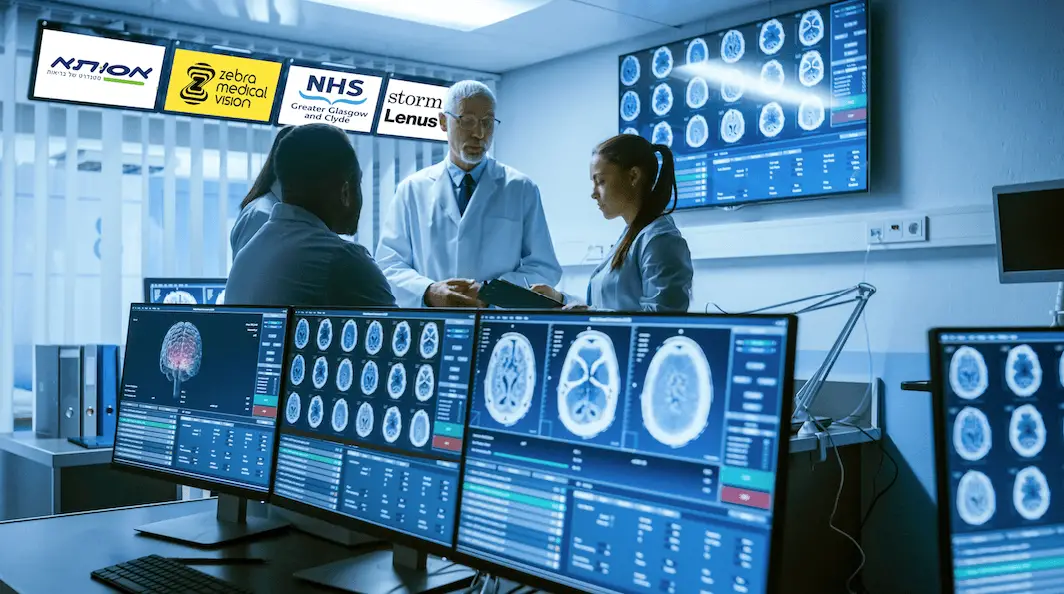
What You Should Know:
– Zebra Medical Vision, the deep-learning medical imaging analytics company, and Scottish digital transformation consultancy Storm ID were chosen to co-develop new AI-based osteoporosis prevention solutions under EUREKA intergovernmental network.
– The UK-Israel research and development grant will be
co-developed with clinical teams from NHS Greater Glasgow and Clyde and Assuta
Medical Centers in Israel.
Scottish digital transformation consultancy Storm ID and Israeli AI
start-up Zebra Medical Vision have
won a UK-Israel research and development competition with a proposal for a
revolutionary, machine learning-driven model for early detection and prevention
of osteoporosis to improve patient care and reduce healthcare costs. The
collaboration will involve close engagement with clinical teams in NHS Greater Glasgow and Clyde and Assuta Medical Centers. The project is
co-funded in part by the UK and Israel under the EUREKA framework to foster
industrial research collaboration between the UK and Israel.
Early Detection of Osteoporosis Through AI-Based Models
For the next two years, an international, multidisciplinary
team of clinicians, data scientists and computer scientists will develop a
machine learning-driven model for early detection and prevention of
osteoporosis to improve patient care and reduce healthcare costs. The solution
will analyze medical imaging data and patient records to help clinical teams
identify and treat people with risk of fractures before they happen.
“We are pleased to partner on the development of this innovative new service for osteoporosis patients through the expertise of the West of Scotland Innovation Hub. This is another example of a successful collaboration between industry and the NHS to move forward innovative healthcare. Our clinical teams at NHS Greater Glasgow and Clyde will support the aim of this project to ultimately identify and treat patients with increased risk of bone breakage before it happens,” said David Lowe, Emergency Consultant, NHS Greater Glasgow and Clyde, and Clinical Lead, West of Scotland Innovation Hub.
